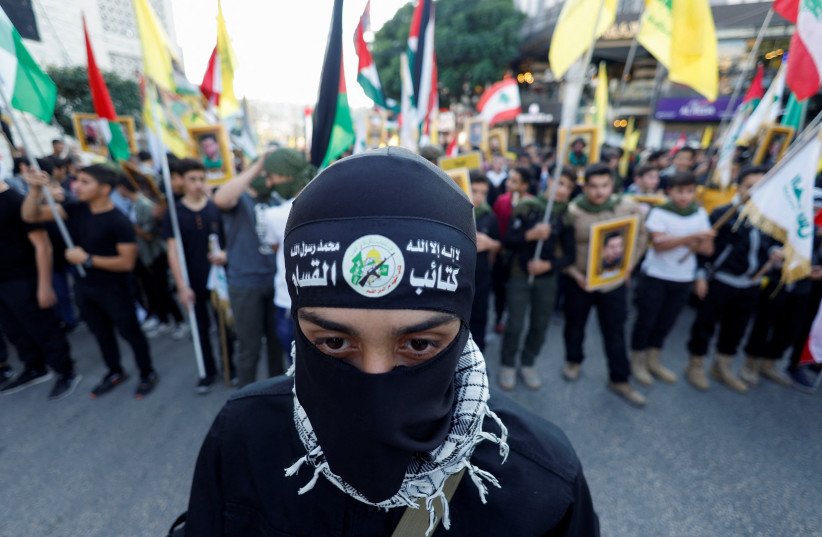Hezbollah is filling void left by Hamas, and gauging Israel’s reaction
Hezbollah is intensely focused on Israel’s reactions to the recent escalation by the terrorist group. Hezbollah has increased the use of drones and anti-tank missiles over the last month, doubling the amount of attacks it has done. May saw a significant escalation.
Hezbollah is trying to fill the vacuum left by Hamas because Hamas is no longer capable of firing many rockets at Israel.
Hezbollah also wants to spread its attacks more; it has sought to target the coast and Golan. The goal here is to expand the war. Hezbollah’s attacks have also set off fires. However, Israel is responding. Israel’s chief of staff, defense minister, and prime minister traveled to the North in the last two days. They have a message and it is a warning to Hezbollah. Hezbollah is used to this, though. It has been hearing “warnings” for almost eight months.
Hezbollah is keenly aware of the debate in Israeli media, where some experts have said Israel does not want or is not capable of fighting a major two-front war. Hezbollah listens and learns, and then it repeats this as if it has discovered it when, in fact, it has merely laundered the debate of a democratic society. There is no similar debate on Lebanese television among former Hezbollah commanders wondering whether Hezbollah is sleepwalking into a larger war.
Thus, Hezbollah has the advantage that all authoritarians have over democracies. It can say and do what it wants, and it doesn’t have to have critical discussions aired in public. That doesn’t mean there are no discussions within the Hezbollah high command. There probably are.

Hezbollah’s considerations
Hezbollah is a powerful group and also a proxy of Iran. It has a lot of things to consider in Lebanon. Along with Iran, Hezbollah has sought to change the “equation” with Israel. This means it has carved out a “right” to rain down missiles on northern Israel. This never happened in the past without a major war resulting. Hezbollah has taken advantage of the situation.
Hezbollah is also part of Iran’s attempt to unite the proxy fronts against Israel. Iran’s IRGC recently said that one of its members was killed in Syria, leading to questions about whether the new Iranian “equation” in Syria may also be tested. This equation put forth by Iran posits that any harm to Iranians in Syria may result in direct retaliation against Israel. At the same time, Iran is messaging that any flare-up between Israel and Hezbollah would lead to Iran mobilizing its other proxies.
These are the questions Hezbollah must now answer as it watches how Israel responds to the recent escalation. Will Hezbollah now calm down a bit after provoking Israel? Or will it continue full steam ahead?





Comments are closed.